الوصف
ليس الفيلسوف أفضلَ مَن يكتب عن تاريخ الفلسفة، مثلما أن الفنان ليس خيرَ من
يحكم على ف نِّ الآخرين؛ فللفيلسوف موقفه الخاص الذي تتلوَّن به أحكامه على
الفلسفات الأخرى، وهو في أغلب الأحيان لا ينظر إلى التاريخ السابق للفلسفة إلا
على أنه مجموعة من علامات الطريق التي تُشير إلى فِّكره هو، أو التي تتلاقى كلُّها في
نقطةٍ واحدة؛ هي ما يدور في رأسه من أفكار. هذا ما فعله أرسطو مع الفلاسفة
في المذاهب التي سبَ قَته، » كانت « السابقين، وهو أيضًا ما رآه الفيلسوف الألماني الكبير
كما أنه تَََثَّل بأكثر الصور وضوحًا وصراحة في ذلك العرض الطويل الذي قدَّمَه هيجل،
فيلسوفُ المثالية الأكبر، لتاريخ الفلسفة، فضلًا عن عشَرات الأمثلة لدى فلاسفة آخرين
لهم أهميتهم، وإن لم تكن لهم تلك المكانة العليا التي كانت لهؤلاء الثلاثة.
ومع ذلك فإن كتابة الفيلسوف عن تاريخ الفلسفة تََرِّبة فكرية شيقة، تحتشد
باللمحات الذكية والملاحظات المتعمقة، والقدرة على كشف الروابط والعلاقات التي
يعجز عن إدراكها الذهنُ العادي. وعلى هذا النحو يبدو لنا بالفعل هذا الكتاب الذي
نُق دِّمه ها هنا مترجمًا إلى الع ربية، والذي ألَّفه شيخ الفلاسفة المعاصرين، برتراند رَسل؛
فهو رؤية شاملة للفلسفة الغربية منذ بداياتها الأولى في العصر اليوناني حتى النصف
الثاني من القرن العشرين. وهو يَزيد كثيرًا عن أن يكون عرضًا منهجيًّا للأفكار؛ لأنه
يحرص على وضع الأفكار في سياقها التاريخي والاجتماعي، وقد بلغ حرصه هذا حدًّا
جعل رَسل يُع بر عن هذا المعنى بوصفه عنواناً فرعيًّا للكتاب بأكمله، ولقد كان هذا
الحرص على الربط بين الفكر الفلسفي والإطار الذي ظهر فيه هو الذي يميز هذا
الكتاب عن كتاب رَسل المشهور في الموضوع نفسِّه، والذي كان قد ألفه قبل الكتاب إذ كان الكتاب الأخير، الذي تبلور خلال ؛» تاريخ الفلسفة الغربية « الحالي، وأعني به
محاضرات ألقاها رَسل في مؤسسة بارنز Barnes في فيلادلفيا بالولايات المتحدة فيما
بين عامَي ١٩٤١ و ١٩٤٣ م، مَعنيًّا بالتاريخ الفلسفي البحت، أكثرَ مما كان مهتمًّا
بتقديم السياق العيني الذي تظهر فيه الأفكار الفلسفية.
-
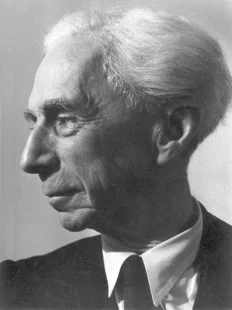
Bertrand Arthur William Russell was born at Trelleck on 18th May, 1872. His parents were Viscount Amberley and Katherine, daughter of 2nd Baron Stanley of Alderley. At the age of three he was left an orphan. His father had wished him to be brought up as an agnostic; to avoid this he was made a ward of Court, and brought up by his grandmother. Instead of being sent to school he was taught by governesses and tutors, and thus acquired a perfect knowledge of French and German. In 1890 he went into residence at Trinity College, Cambridge, and after being a very high Wrangler and obtaining a First Class with distinction in philosophy he was elected a fellow of his college in 1895. But he had already left Cambridge in the summer of 1894 and for some months was attaché at the British embassy at Paris.
In December 1894 he married Miss Alys Pearsall Smith. After spending some months in Berlin studying social democracy, they went to live near Haslemere, where he devoted his time to the study of philosophy. In 1900 he visited the Mathematical Congress at Paris. He was impressed with the ability of the Italian mathematician Peano and his pupils, and immediately studied Peano’s works. In 1903 he wrote his first important book, The Principles of Mathematics, and with his friend Dr. Alfred Whitehead proceeded to develop and extend the mathematical logic of Peano and Frege. From time to time he abandoned philosophy for politics. In 1910 he was appointed lecturer at Trinity College. After the first World War broke out, he took an active part in the No Conscription fellowship and was fined £ 100 as the author of a leaflet criticizing a sentence of two years on a conscientious objector. His college deprived him of his lectureship in 1916. He was offered a post at Harvard university, but was refused a passport. He intended to give a course of lectures (afterwards published in America as Political Ideals, 1918) but was prevented by the military authorities. In 1918 he was sentenced to six months’ imprisonment for a pacifistic article he had written in the Tribunal. His Introduction to Mathematical Philosophy (1919) was written in prison. His Analysis of Mind (1921) was the outcome of some lectures he gave in London, which were organized by a few friends who got up a subscription for the purpose.
عرض جميع الكتب








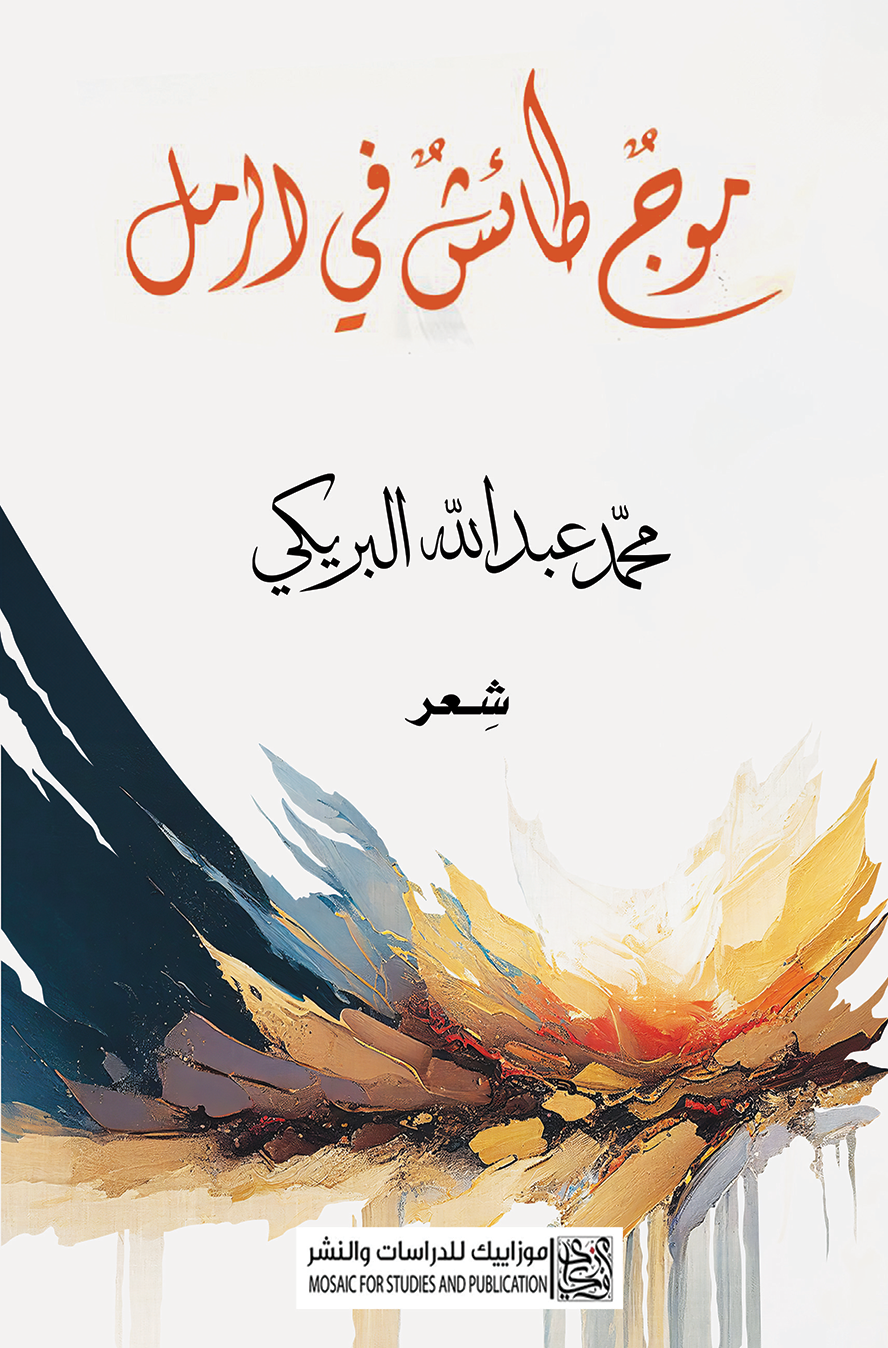

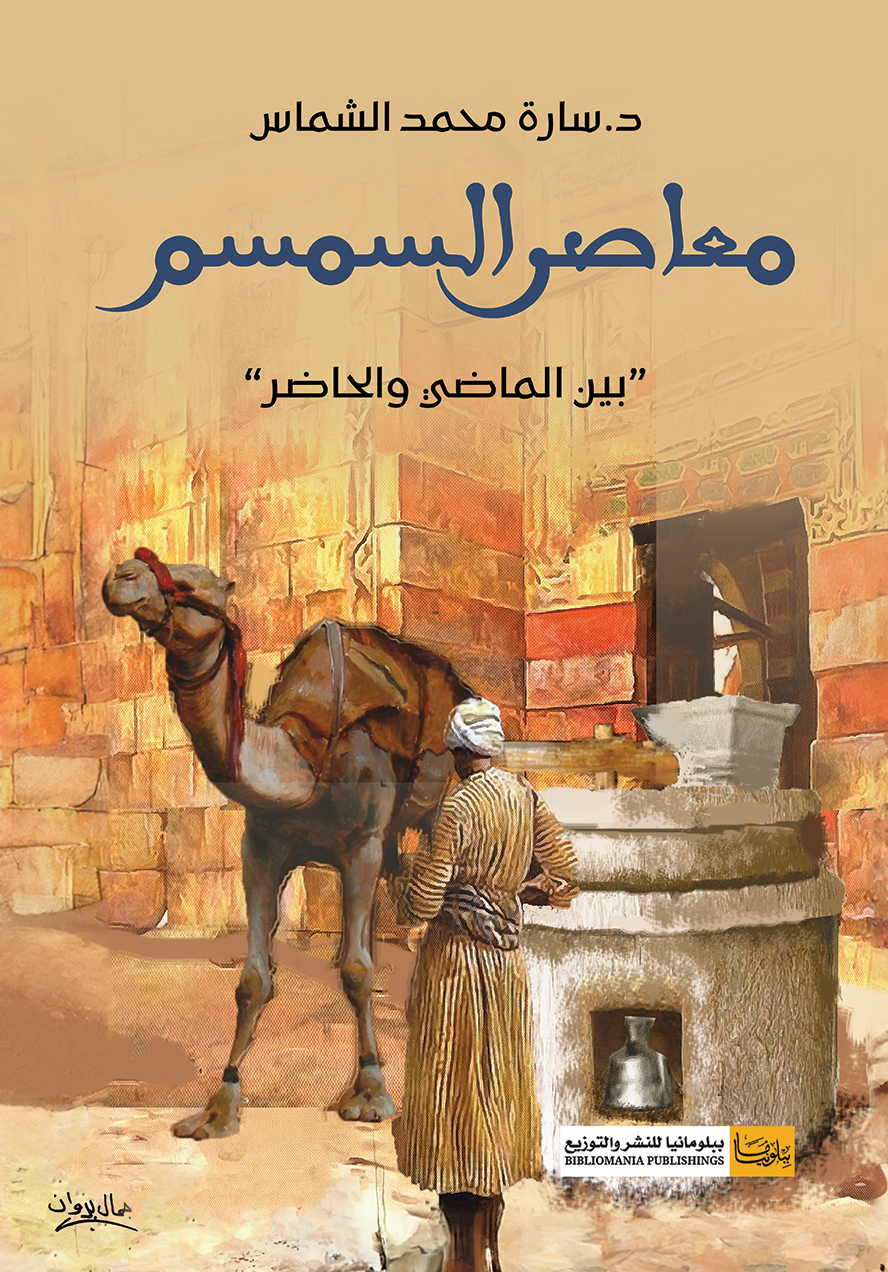

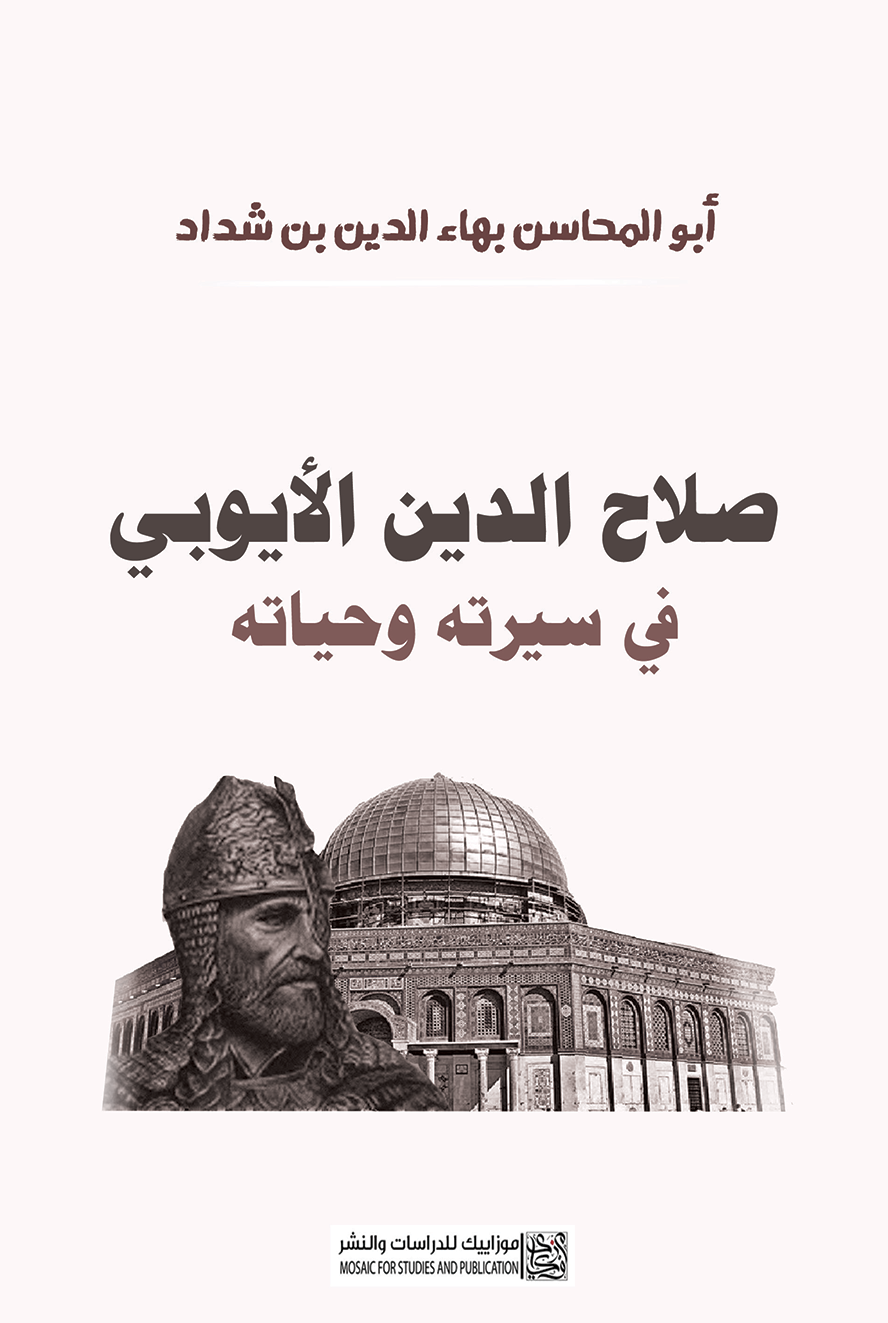

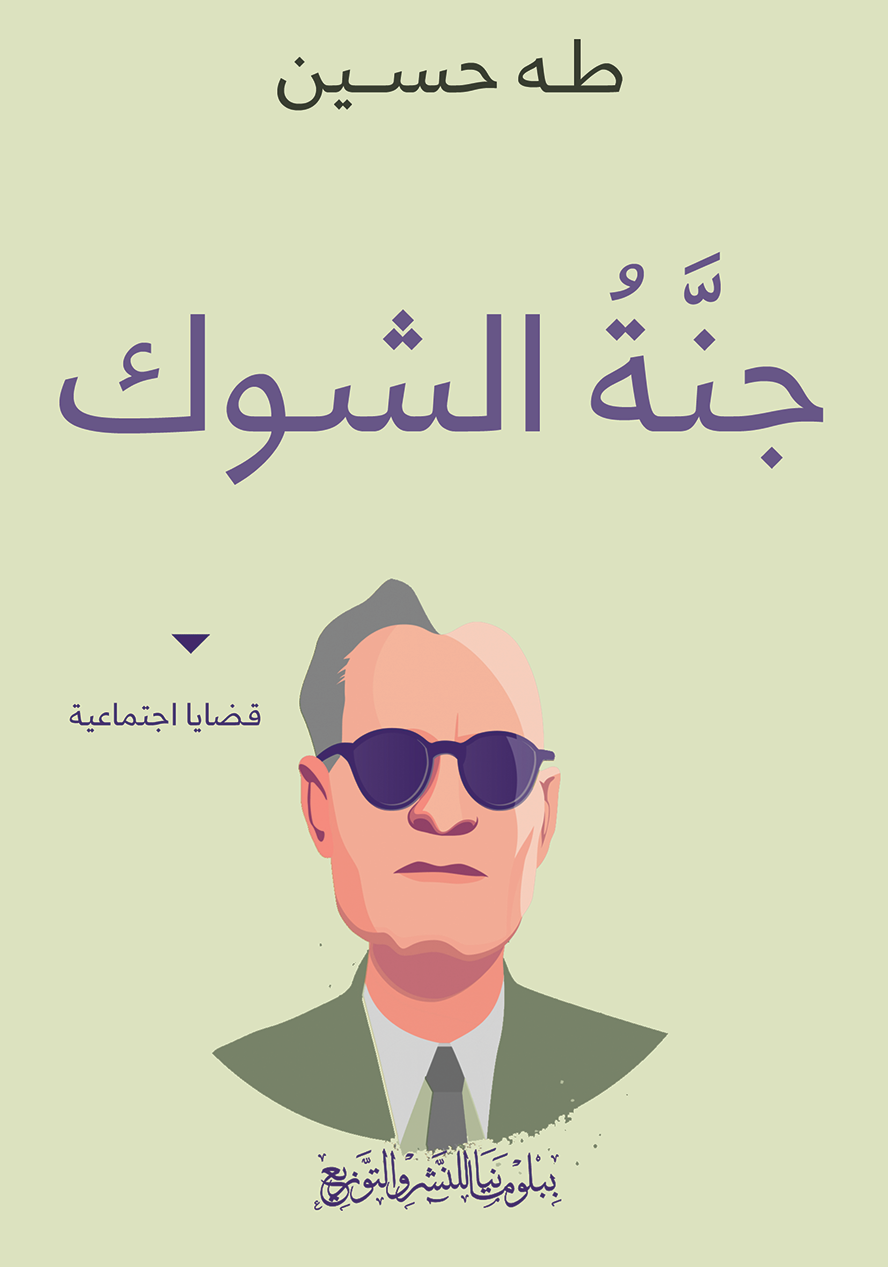
المراجعات
لا توجد مراجعات بعد.